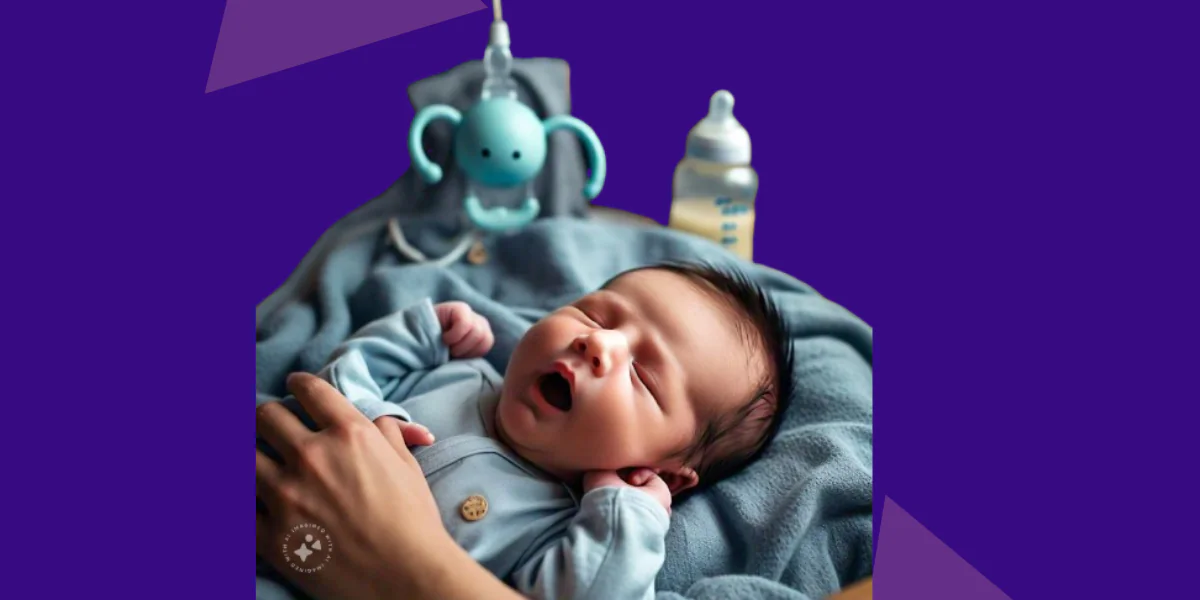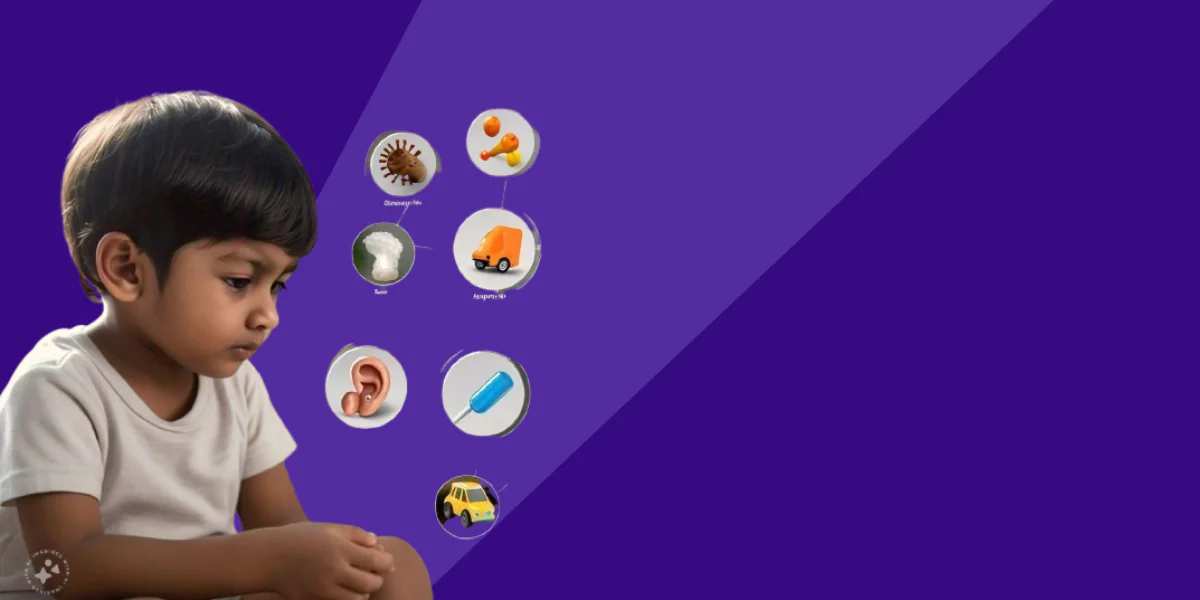Newborns often experience hiccups, a reflex that can leave many new parents feeling concerned. However, newborn hiccups are generally harmless and are part of a baby’s normal development. Hiccups occur when the diaphragm, a muscle involved in breathing, contracts involuntarily. These contractions can cause the familiar “hic” sound, and while they may seem alarming, they’re usually not a cause for concern.
1. Immature Diaphragm
One of the primary causes of hiccups in newborns is their immature diaphragm. The diaphragm, which plays a crucial role in breathing, isn’t fully developed in babies. As a result, it can contract more frequently and lead to hiccups. This involuntary muscle spasm is quite normal in infants.
2. Overfeeding or Feeding Too Quickly
Feeding plays a significant role in triggering hiccups. When a baby drinks milk too quickly or consumes too much at once, their stomach may become distended. This can push against the diaphragm, causing it to spasm and result in hiccups. Feeding your baby slowly and in small amounts may help reduce the frequency of hiccups.

3. Swallowing Air During Feeding
Babies, especially newborns, tend to swallow air while breastfeeding or bottle-feeding. This swallowed air can get trapped in the stomach and lead to hiccups. Ensuring proper latching during breastfeeding or using a bottle that minimizes air intake can help prevent this issue.
4. Sudden Temperature Changes
Rapid changes in a baby’s environment, such as moving from a warm to a cold room, can trigger hiccups. Sudden temperature shifts can stimulate the diaphragm, causing it to spasm. Keeping your baby’s environment consistent in temperature may help avoid these hiccup episodes.
5. Excitement or Stimulation
Newborns are still adjusting to the world around them, and sudden excitement or over-stimulation can cause hiccups. Loud sounds, bright lights, or even active play can sometimes overstimulate the baby’s nervous system, leading to diaphragm spasms.

Practical Remedies to Help Your Baby
- Burp During Feeds: Burping your baby regularly during feeding sessions can release trapped air, reducing hiccup episodes.
- Adjust Feeding Position: Holding your baby in an upright position while feeding can help prevent air from being swallowed.
- Offer a Pacifier: If your baby starts hiccupping, offering a pacifier may help calm the diaphragm and stop the hiccups.
- Small, Frequent Feeds: To prevent overfeeding, try giving your baby smaller amounts of milk more frequently.
When to Worry About Hiccups
In most cases, newborn hiccups are not a sign of a serious problem. However, if your baby experiences hiccups that last for more than a few hours, seem uncomfortable, or occur alongside other symptoms such as vomiting or difficulty breathing, it may be a sign of an underlying issue. In such cases, consult your pediatrician.
Managing Newborn Hiccups Comfortably
Newborn hiccups are common and usually harmless. By understanding their causes and knowing how to manage them, you can help keep your baby comfortable. Simple practices like burping your baby during feeds, adjusting feeding positions, and keeping a calm environment can make a significant difference. Remember, if you’re ever unsure, don’t hesitate to seek advice from your healthcare provider.
Read also : Why Do Children’s Ears Itch?
Medical Disclaimer: This article is for informational purposes only and is not a substitute for professional medical advice. Always consult with a healthcare provider for personalized recommendations.





